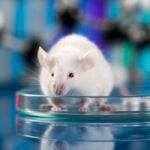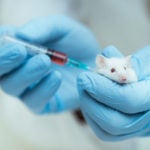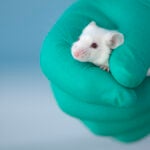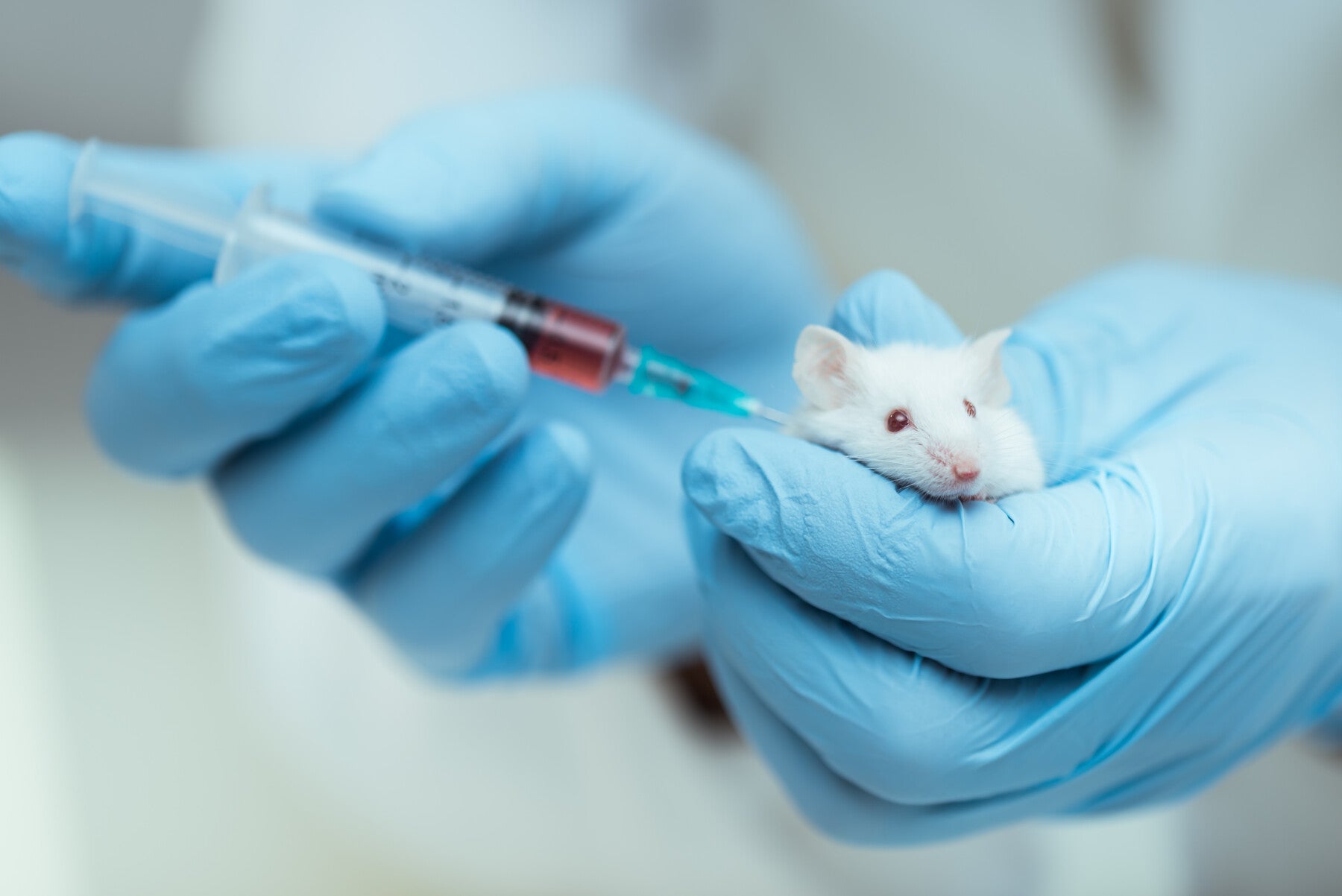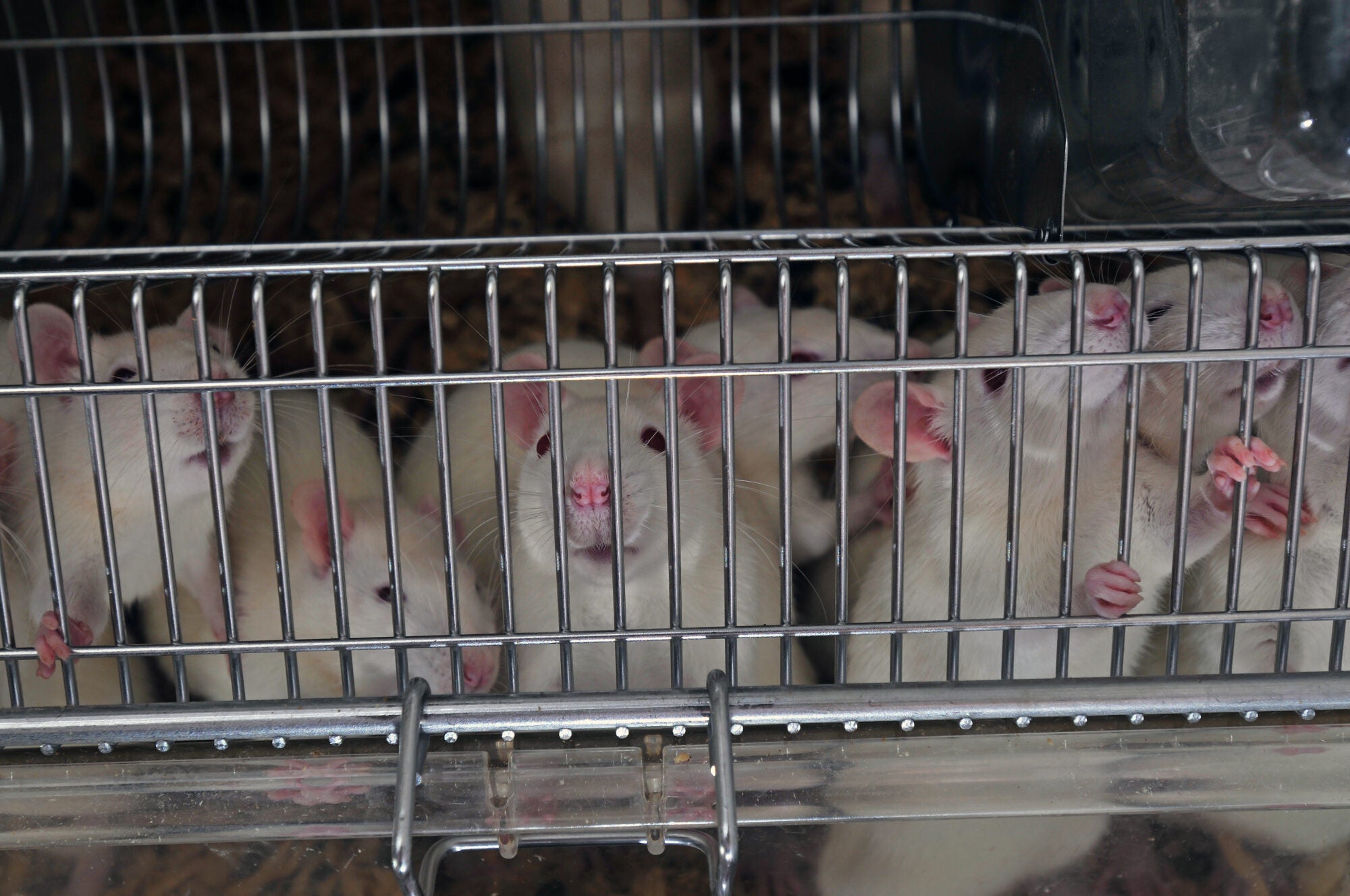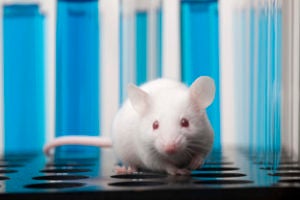
SEOUL—Cutting-edge advances in 3D organ-chip technologies will be discussed at an online symposium hosted by Humane Society International/Korea and 3D-MOTIVE project group. Titled ‘3D Tissue Chip and Micro-physiological Systems: from development to regulatory adaptation’, the virtual R&D and business strategy symposium takes place on 5 March.
The symposium will explore current scientific and research funding initiatives to advance non-animal predictive models for medical research and testing using human organ-chip micro-physiological systems. It will also explore the vision for strategic cooperation from developers to end-users to implement and utilise advanced human-based technologies instead of animals for pre-clinical testing.
Professor of nephrology at Seoul National University Hospital, Sejoong Kim, who leads the 3D-MOTIVE project, said “There is an increasing interest in developing new drug development platforms using multi-organ tissue chips. To get these newly developed methods approved by regulatory authorities to replace animal testing, close collaboration with related stakeholders is important. This symposium will provide the opportunity to share international efforts and to discuss strategic plans for Korea.”
Borami Seo, HSI/Korea’s interim executive director and senior policy manager for research and toxicology, said “For effective approaches for new drug discovery, science is increasingly moving away from animal models and applying human-relevant technologies. In December 2020, we saw the introduction of a relevant legislative proposal, the Act on the Promotion of Development, Dissemination and Use of Alternatives to Animal Testing Methods. If passed, this measure will provide a legal framework to support collaborative efforts across central authorities and provide support for long-term funding shifts toward non-animal approaches. I hope that our symposium will accelerate much-needed discussion on regulatory acceptance of cutting-edge technologies to replace animal testing methods”.
Agenda:
- Chair by Sejoong Kim and Young-Jae Cho, professor at Seoul National University Hospital
- Organ-Chip technology and regulatory progress
- Dr Kyung Jin Jang, VP of Technology Implementation and Field Science, Emulate, US
- Micro-physiological systems—from scientific models towards industry adoption and regulatory acceptance of qualified assays
- Prof Uwe Marx, CSO & Founder, TissUse, Germany
- US interagency organ-on-a-chip (OOC) development program: from funding to qualification for regulatory acceptance
- Dr Suzanne Fitzpatrick, FDA, U.S.
- Global standardization process for tissue chip techniques
- Dr Sun-Ju Ahn, Institute of Quantum Biophysics, Sungkunkwan University, Korea
- Introduction to the Act on the Promotion of Development, Distribution and Use of Alternatives to Animal Testing Methods
- Borami Seo, Interim Executive Director/Senior Policy Manager for HSI/Korea
- Industry’s role for OOC development and regulatory applications
- Dr Adrian Roth, Roche, Switzerland
Register for the online symposium and learn more.
ENDS
Media contact: Borami Seo: bseo@hsi.org

